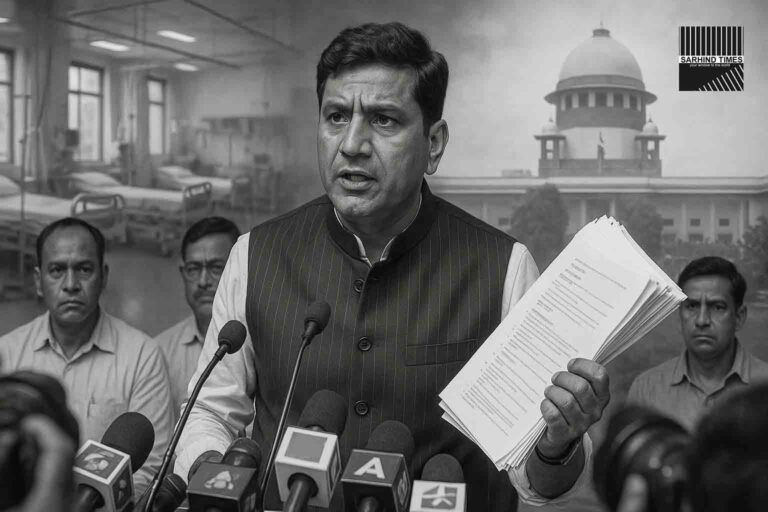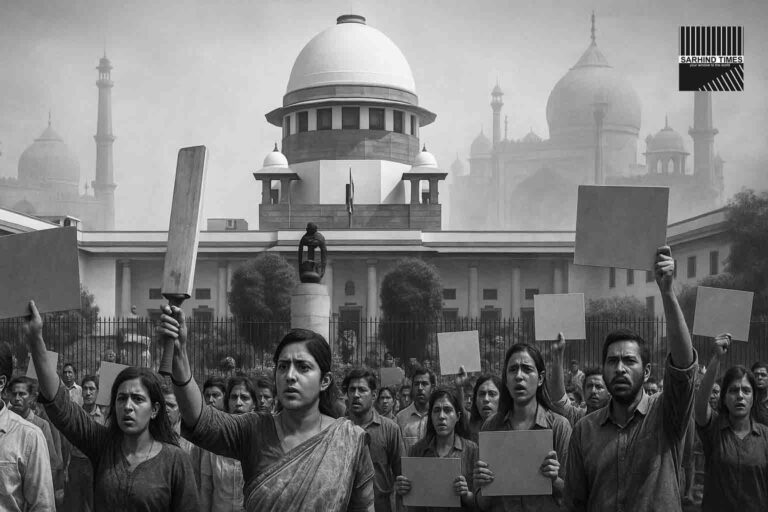Chandigarh: The Punjab & Haryana High Court has upheld the appellate court’s order stating that singer Shahnaz Gill cannot be compelled to sing exclusively for Simran Music Industries, with which she signed a contract in 2019. The Court deemed the contract terms “unfair” and highlighted the lack of equal bargaining power.
Background and Legal Proceedings
Shahnaz Gill, a well-known singer, entered into a contract with Simran Music Industries in 2019, shortly before participating in the TV show Big Boss. According to the contract terms, she was not permitted to sing for any other company. However, after gaining popularity post-Big Boss, Gill began receiving numerous offers from other companies.
In response, Simran Music Industries allegedly sent emails to third parties, asserting that Gill was their exclusive artist and was not allowed to work with other companies without their permission. Gill filed a lawsuit seeking a declaration that the contract was void and unenforceable, along with a permanent injunction against the defendants from claiming ownership over her works and defaming her.
Trial Court and Appellate Court Decisions
Initially, the Trial Court dismissed Gill’s application for a temporary injunction. The court argued that it could not rule on the contract’s validity based on allegations of misrepresentation and public policy violations. However, upon appeal, the Additional District Judge of SAS Nagar (Mohali) overturned this decision, recognizing that the emails sent by the defendants to third parties harmed Gill’s reputation and caused her irreparable loss.
High Court Ruling
The Punjab & Haryana High Court, hearing the revision petition against the appellate court’s order, supported the appellate court’s findings. The High Court emphasized the established legal principle that negative covenants during employment do not constitute a restraint of trade and thus do not violate Section 27 of the Indian Contract Act, 1872.
The Court highlighted that contracts must be based on equality and fair bargaining power between parties. In this case, it found that Gill had signed the contract under pressure, with the defendants leveraging their superior bargaining power. Furthermore, the Court noted that the defendants had not fulfilled their contractual obligations to produce four official audios and videos of Gill annually, nor had they responded to her notice rescinding the contract in December 2020.
Conclusion
Justice Singh concluded that the contract terms were unfair and the result of an imbalance in bargaining power. He asserted that the agreement could not be considered valid and binding on Gill. Additionally, the defendants’ failure to interfere with Gill’s work for two years after her notice of rescission indicated their acceptance of the contract’s termination.
Given these findings, the High Court dismissed the revision petition, affirming the appellate court’s decision in favor of Shahnaz Gill.
For more detailed updates on legal news and other stories, stay tuned to Sarhind Times.






















+ There are no comments
Add yours